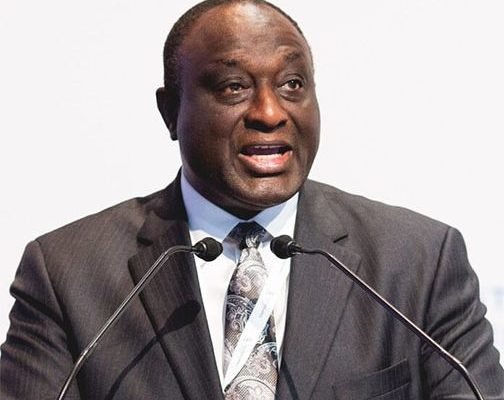Presidential hopeful, Alan Kyerematen is set to submit his nomination today, September 11, 2024, to run as an independent candidate under the Afrafranto Alliance.
Once a Trade and Industry Minister and senior figure in the New Patriotic Party (NPP), Mr Kyerematen shook Ghana’s political scene when he resigned from the party last year and declared his bid as an independent candidate.
This move signifies a pivotal change in Ghana’s political dynamics, particularly among the youth, who are increasingly disillusioned with the two-party dominance of the NPP and NDC.
Kyerematen’s departure from the NPP followed years of mounting frustration with the party’s leadership. As a founding member, many believed he would stay loyal to the party, despite its departure from its founding principles.
Yet, Alan Kyerematen decided to forge a new path for Ghana, focusing on national unity, strategic planning, and prioritizing the country’s interests over political division.
His nomination filing today confirms his resolve to challenge the political establishment and present Ghanaians with a fresh option.
Alan Kyerematen’s independent candidacy holds particular significance for Ghana’s younger generation.
Amid growing discontent over unemployment, corruption, and limited opportunities, young Ghanaians are seeking a leader who addresses their specific concerns.
Kyerematen’s Great Transformational Plan (GTP) directly tackles these issues, focusing on building an Enterprise Economy that emphasizes job creation, entrepreneurship, and innovation—key priorities for the youth.
With his background as a former government minister and his global expertise as an economist, lawyer, trade specialist, and development consultant, Kyerematen brings a unique edge.
He not only understands Ghana’s economic challenges but also has a proven history of effective results.
For young voters entering the job market, his emphasis on employment creation and skill-building for the youth presents a compelling vision.
His GTP offers a sharp contrast to the often-repeated pledges of past party manifestos, which have largely failed to bring about sustainable change.
For over three decades, power has shifted between the NPP and NDC, but both have failed to build a strong economy that supports private sector growth, generates jobs, and boosts national development through taxes. The cycle of broken promises and temporary solutions has kept Ghana’s economy stagnant, with rising youth unemployment and an increasing dependence on external loans.

